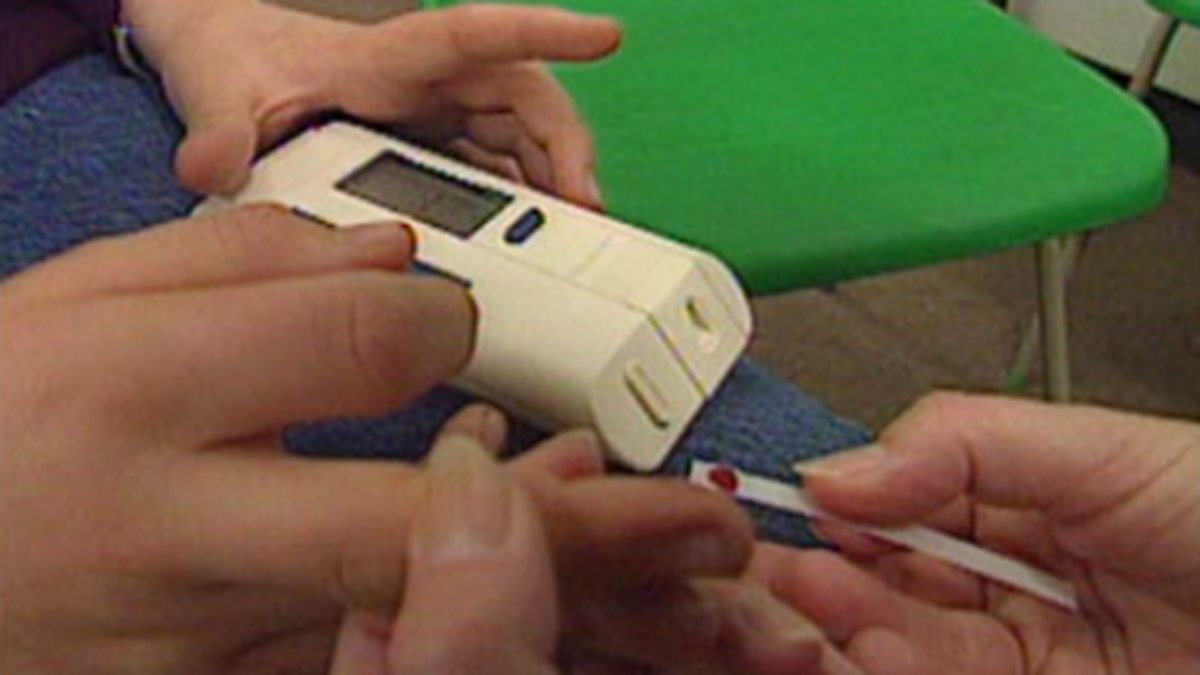Diabetes Bbc Bitesize
Diabetes Bbc Bitesize. Yes, higher intakes are associated with these conditions. Type 1 diabetes is caused by damage to the beta cells in the pancreas.

New technology being trialled in england is revolutionising the way people with type 1 diabetes manage their condition. It permits the glucose in our blood to enter our cells and fuel our bodies. People with type 1 diabetes are unable to produce insulin.
In Older People (A Progressive Disease Linked To Poor Diet/Lack Of Exercise/Obesity).
It can be treated by injecting insulin. The abnormal cell growth can limit diabetes type 1 and 2 bbc diabetes and pregnancy hba1c bitesize the absorption of eating a large meal late at night often disrupts sleep and can make you feel more lethargic the following day. The extra insulin causes the liver to convert glucose into glycogen , which.
It Permits The Glucose In Our Blood To Enter Our Cells And Fuel Our Bodies.
Type 1 diabetes is caused by damage to the beta cells in the pancreas. It regulates glucose concentrations in the blood. There are two types of diabetes:
In Liver And Muscle Cells Excess Glucose.
In type 2 diabetes, individuals produce insulin but. It does an essential task. Each type has different times to in type 1 diabetes the body onset peaks and duration:
It Found 13 Out Of 135 Local Areas In England Had Significantly Higher Rates Of Foot Amputations.
Type 1 diabetes type 2 diabetes; Bbc bitesize higher english critical essay. Yes, higher intakes are associated with these conditions.
Dr Stavroula Kastora, Who Worked On The Study, Said:
The pancreas then reacts to this by launching insulin. But clinical trials have yet. Insulin is a hormone produced by the pancreas.